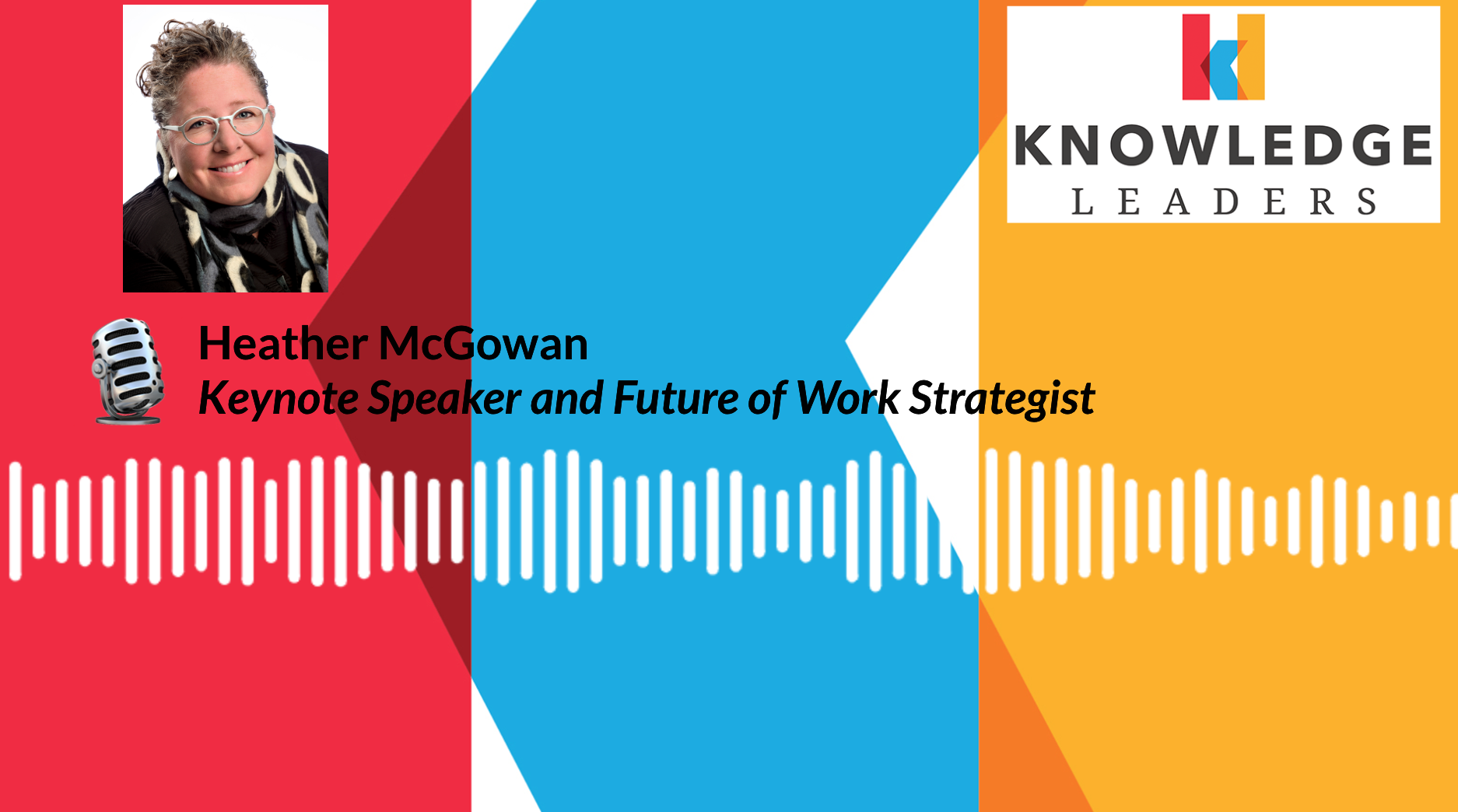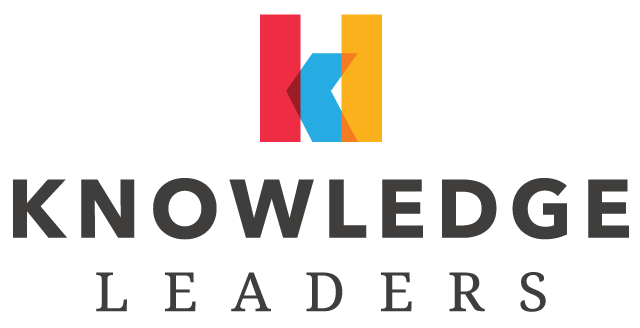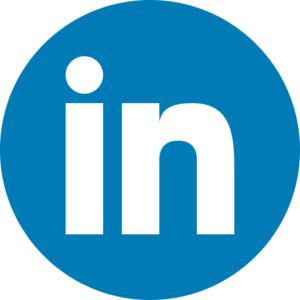
Heather McGowan, Future of Work Strategist and Keynote Speaker at the October 2019 Close It Summit, joins Todd Hand of Knowledge Leaders to discuss what she would do differently in higher education, how products and services are “the by-products” of company culture and contrasts Amazon from Barnes and Noble to illustrate growth capacity. She also touches upon the Gallop data on K-12 disengagement.
Learn more in this episode of the Knowledge Leaders Podcast, hosted by Todd Hand.
Listen to the Full Podcast Here
Podcast Transcript Excerpt
Todd Hand: When you describe the future company, you do so in terms of culture and capacity. What do you mean by that?
Heather McGowan: If you look at it through back when a business model lasted a really long time, a product lasted, a service lasted a really long time, your culture was important and your capacity was all you needed to execute on that business model or to create that product or service.
Now, interchange cycles speeding up from a combination of technology and globalization and suddenly your North Star can’t be your product and service anymore because things are moving too quickly. It probably can’t even be your business model.
A concrete example of that is take Barnes & Noble and Amazon, put them side by side. They both started as booksellers. Barnes & Noble continued to define itself as a retailer, primarily a retailer of books. They have expanded since then. Amazon saw books as a way to prove the model of online sales and then rapidly scaled and spread in different directions.
Amazon can win Academy Awards. You couldn’t imagine Barnes & Noble winning Academy Awards. You can’t imagine a Barnes & Noble drone. It’s sort of how they define themselves. Amazon focuses on building a culture. They say that they’re the everything store. They’re the most successful store on the planet. They have a very defined culture in terms of how they have their meetings, how big meetings are. You don’t need more than two pizzas to feed a meeting. Basically means there can’t be that many people in the room. Their process for reviewing ideas, their process for piloting and testing things. They are very focused on those internal kind of culture and processes. And then the products and services become the exhaust of their learning.
They also become inputs for new learning. It’s a very different, agile sort of model of a company. Much less about the products and services. Your brand is an expression of your culture and your products and services are just evidence of your capacity. If you’re in constant pursuit of increasing your capacity and you’re very focused on improving your culture, celebrating it, living it every day; then the products and services in some regards will work themselves out as by-products.
Share this by video on social:
- Follow @Todd Hand
- Follow @HeatherMcGowan
- Follow @KnowledgeLeaders

